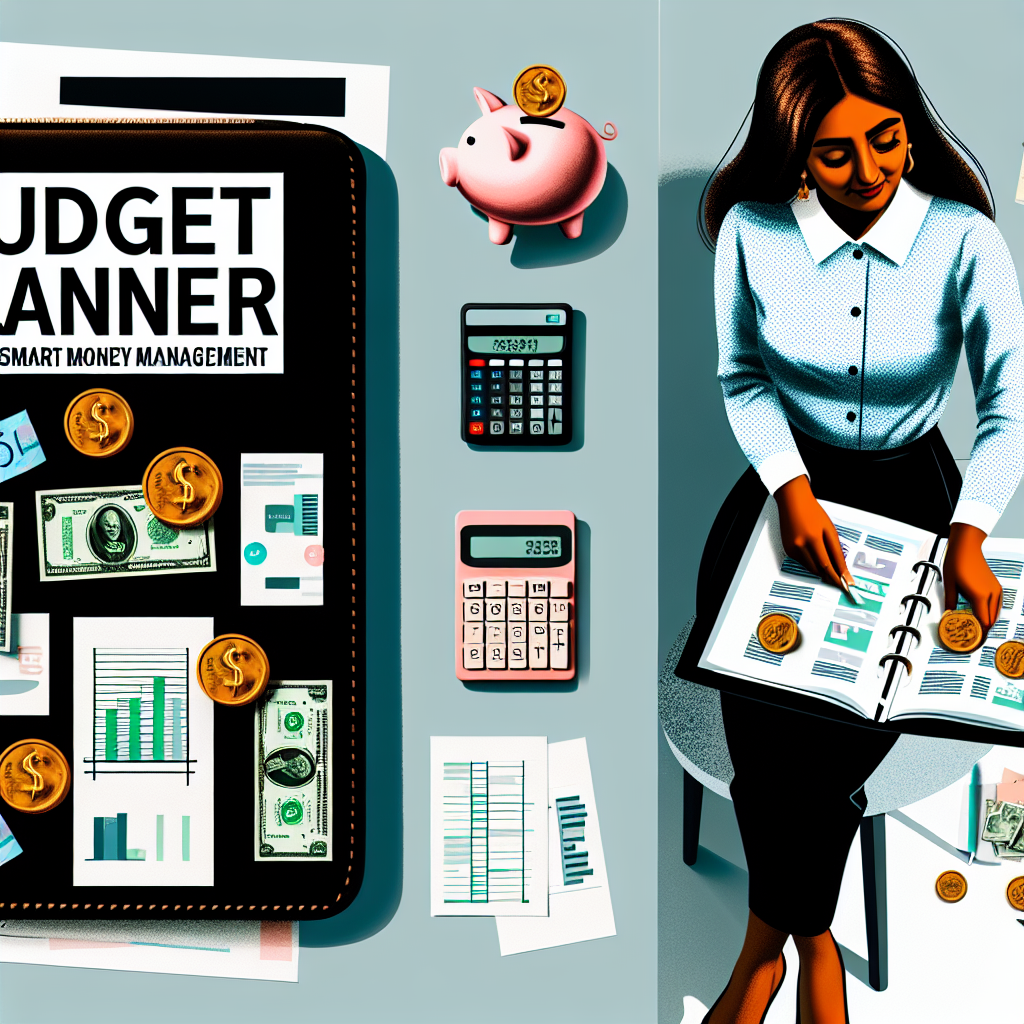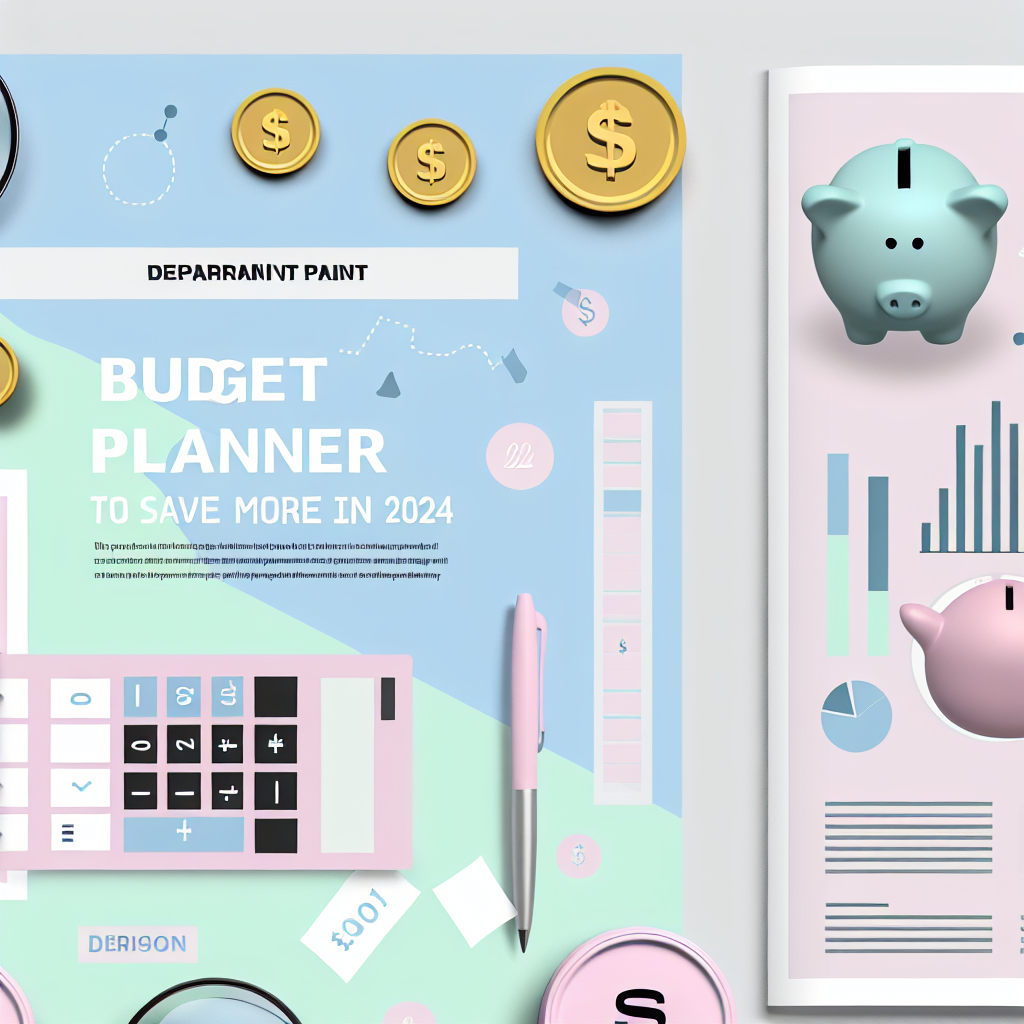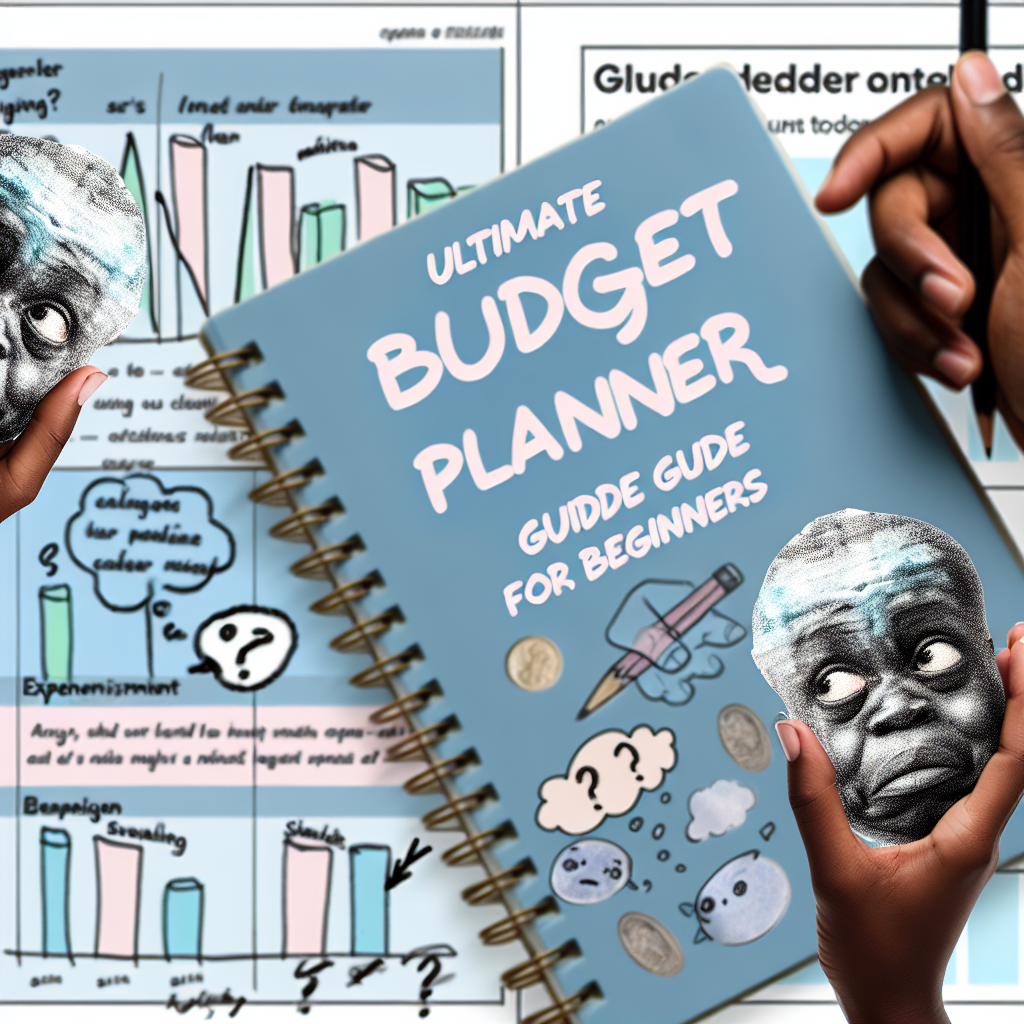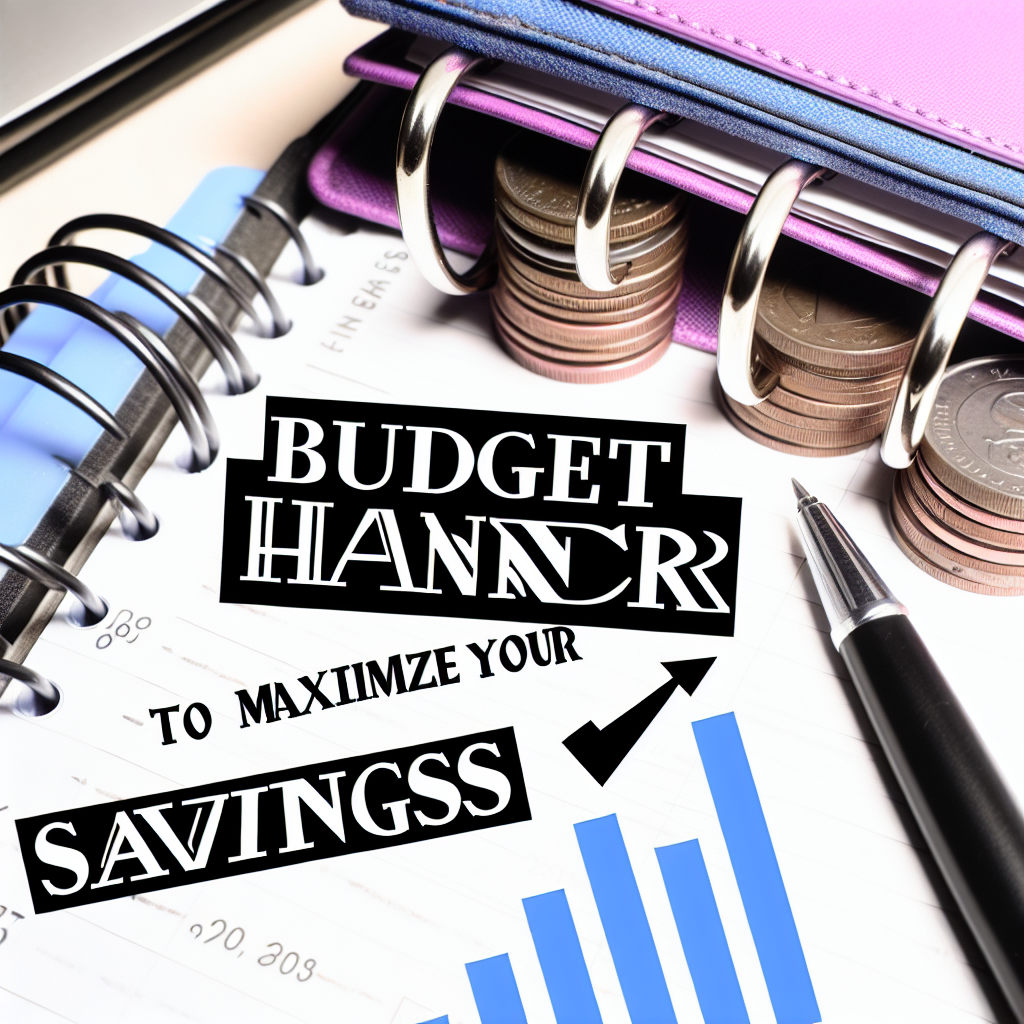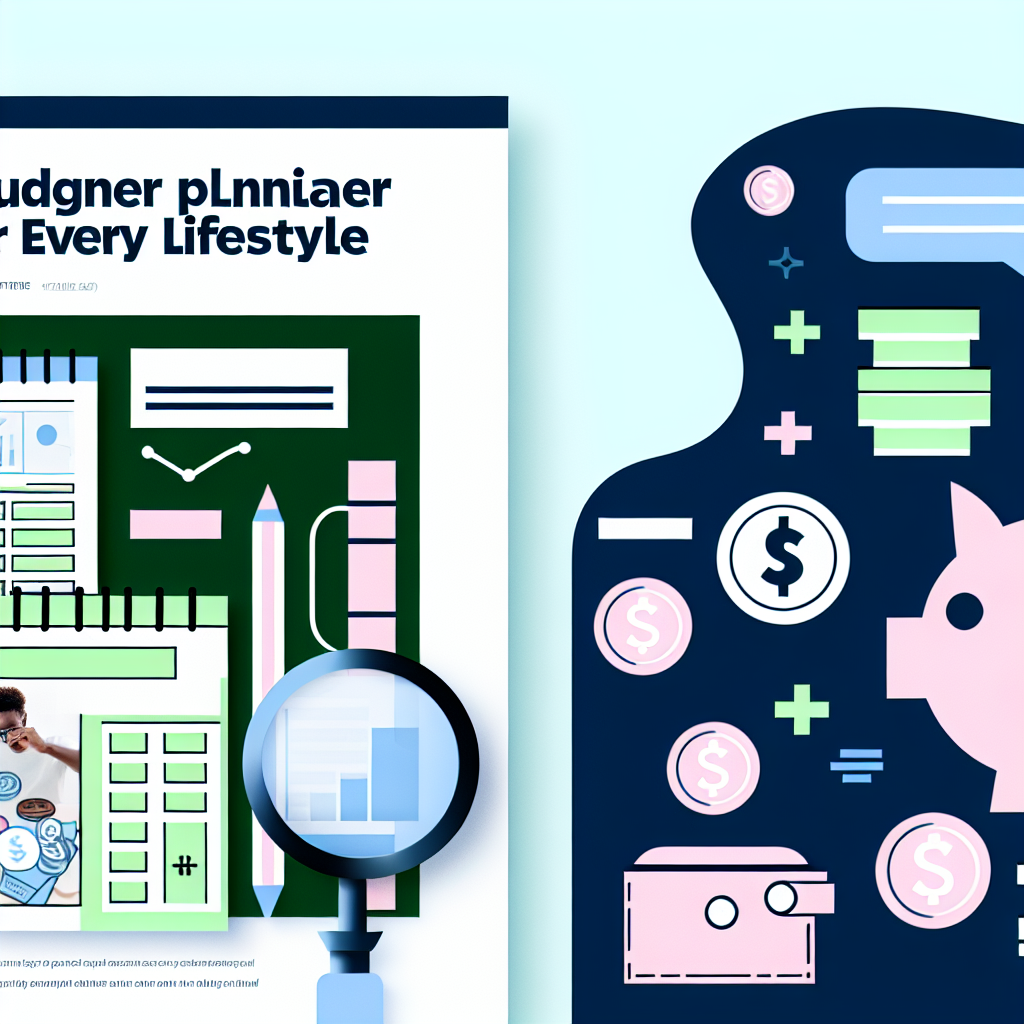=
There was a time when my debt felt like a rain cloud following me everywhere — no matter what I did, it just wouldn’t go away. I remember one night, sitting at my tiny kitchen table, staring at a credit card statement that made my stomach twist. I’d racked up nearly $3,000 in credit card debt, mostly from impulsive buys and ignoring bills until they screamed for attention. The worst part? I was embarrassed to even open the mail, let alone talk about it.
My first attempt at budgeting was a joke. I scribbled on a napkin—yes, a napkin, with coffee stains and the words “NO SPENDING” written in big, angry letters. Spoiler alert: it didn’t work. I felt like a failure, like maybe managing money was just something “other people” did, not me.
The Moment It Clicked
Then one day, after avoiding my bank app for what felt like forever, I took a deep breath and looked at my finances with honest eyes. And that’s when I realized that proven budgeting tips to manage debt effectively weren’t about being perfect or having a fancy spreadsheet. It wasn’t about cutting out every little pleasure or pretending I was some financial guru. It was about learning to be kind to myself, understanding my money habits, and taking small, steady steps to reclaim control.
How I Actually Started Managing My Debt
The first thing that actually worked for me was tracking my spending—not to shame myself, but to see where my money was sneaking away. I used a simple app on my phone, and every time I bought a coffee or impulse snack, I logged it. It was painful at first. I realized I was spending $50 a week on things that didn’t really make me happy. But seeing it laid out helped me make smarter choices.
I remember being hesitant to try the “debt snowball” method because it sounded complicated. But breaking down my debt into bite-sized pieces—paying off the smallest balance first—gave me tiny wins. Those wins felt like little victories, like climbing a hill instead of staring up a mountain. It kept me motivated when I wanted to give up.
This next trick might sound weird, but it changed everything for me: I gave myself permission to have a “fun money” budget. Yes, I still needed to pay off debt, but I wasn’t going to starve my soul. Setting aside $20 a week just for treats stopped me from feeling deprived and helped me avoid binge spending out of frustration.
I Know How Scary It Feels
I know what you might be thinking right now: “This sounds hard,” or “I don’t have enough money to even start.” Trust me, I thought the exact same thing. Some days, I felt like giving up because the progress was so slow. But here’s the truth—managing debt isn’t about having a perfect plan or a fat paycheck. It’s about showing up for yourself, even when it’s messy and imperfect.
If you’re worried about making mistakes, remember: I made every one. And I’m still here, still figuring it out. You don’t have to be perfect to get better. You just have to start.
A Small Step Forward
So here’s my message to you, friend: you are not alone in this. Your debt doesn’t define you, and your past mistakes don’t have to dictate your future. Today, try something small—check your bank balance, write down one expense, or just breathe and remind yourself that you’re capable of change.
Managing debt effectively isn’t about magic or overnight success. It’s about patience, kindness, and the courage to take one step forward, no matter how tiny. You’ve got this. And I’m rooting for you.
💡 Want more tips like this? Explore more ways to save funds and plan your budget wisely!


